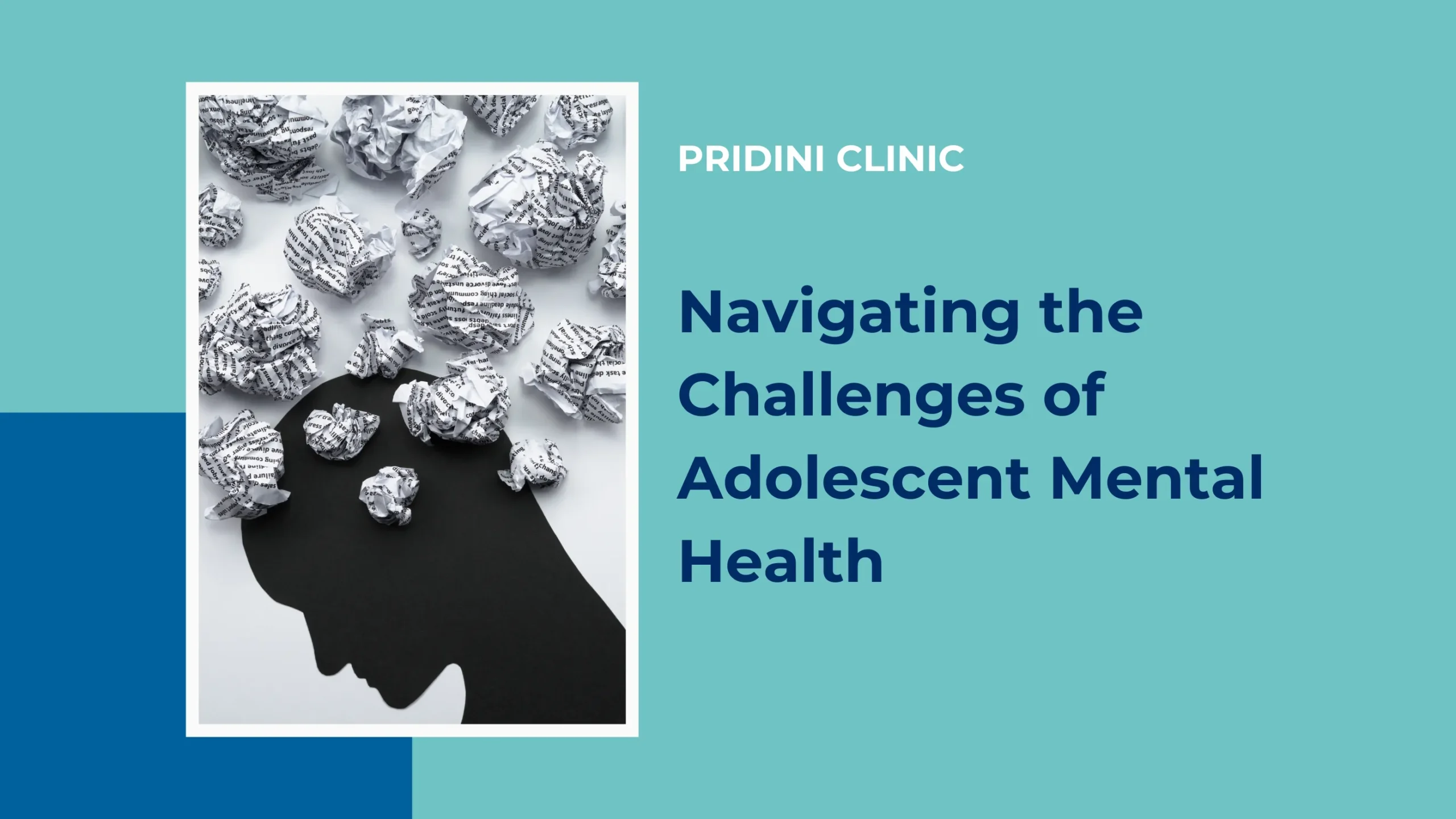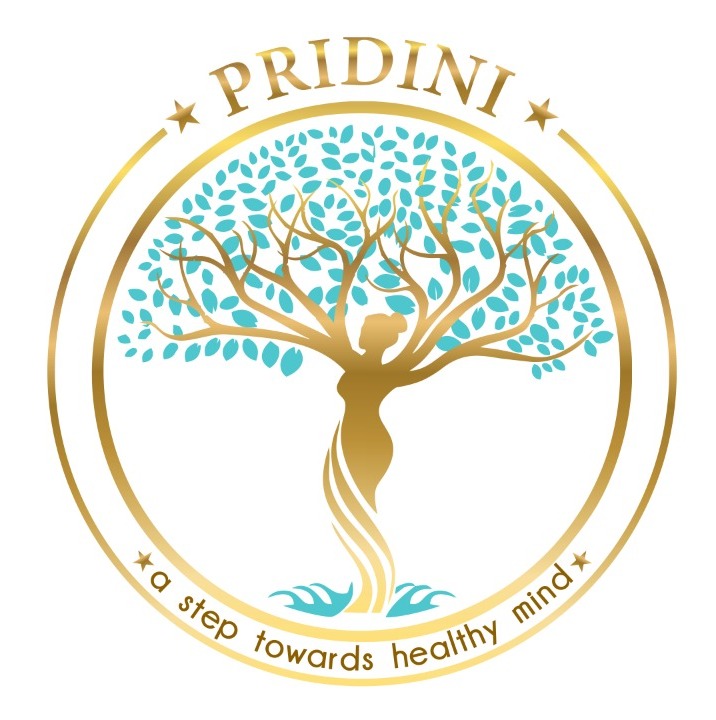
Adolescence is a critical period in a young person’s life, marked by significant physical, emotional, and psychological changes. While it is a time of growth and exploration, it can also be a period fraught with mental health challenges. At Pridini Clinic, we understand the complexities of adolescent mental health and are committed to providing support and guidance to both teens and their families. This blog will explore common mental health issues in adolescence, signs that your teen may need help, the role of parents in supporting adolescent mental health, effective treatment options, and ways to encourage healthy coping mechanisms in adolescents.
Adolescents face a unique set of mental health challenges that can impact their development and well-being. Some of the most common mental health issues in adolescence include:
Recognizing the signs that your teen may be struggling with their mental health is crucial for early intervention. Some common indicators include:
If you notice any of these signs, it’s important to seek professional help to ensure your teen receives the support they need.
Parents play a pivotal role in supporting their adolescent’s mental health. Open communication is key—create an environment where your teen feels safe discussing their thoughts and feelings without fear of judgment. Regularly check in with your teen, ask about their day, and listen to their concerns.
It’s also important for parents to educate themselves about mental health issues and be aware of the resources available. Being proactive and involved in your teen’s life can help you spot potential problems early and seek support.
In addition to emotional support, parents can model healthy coping mechanisms and stress management techniques. Encourage your teen to engage in physical activities, hobbies, and social interactions that promote well-being.
When it comes to treating adolescent mental health issues, a tailored approach is essential. Some effective treatment options include:
Teaching teens healthy coping mechanisms is crucial for their long-term mental health. Encourage activities that promote relaxation and self-expression, such as journaling, art, music, or physical exercise. Mindfulness practices like meditation or deep breathing can help teens manage stress and stay grounded.
It’s important to teach teens that seeking help is okay and that mental health is just as important as physical health. Reinforce the idea that asking for support is a sign of strength, not weakness.
Pridini Clinic is dedicated to supporting adolescents’ mental health through compassionate care and evidence-based treatments. If you have concerns about your teen’s mental health, reach out to us today to learn how we can help.

